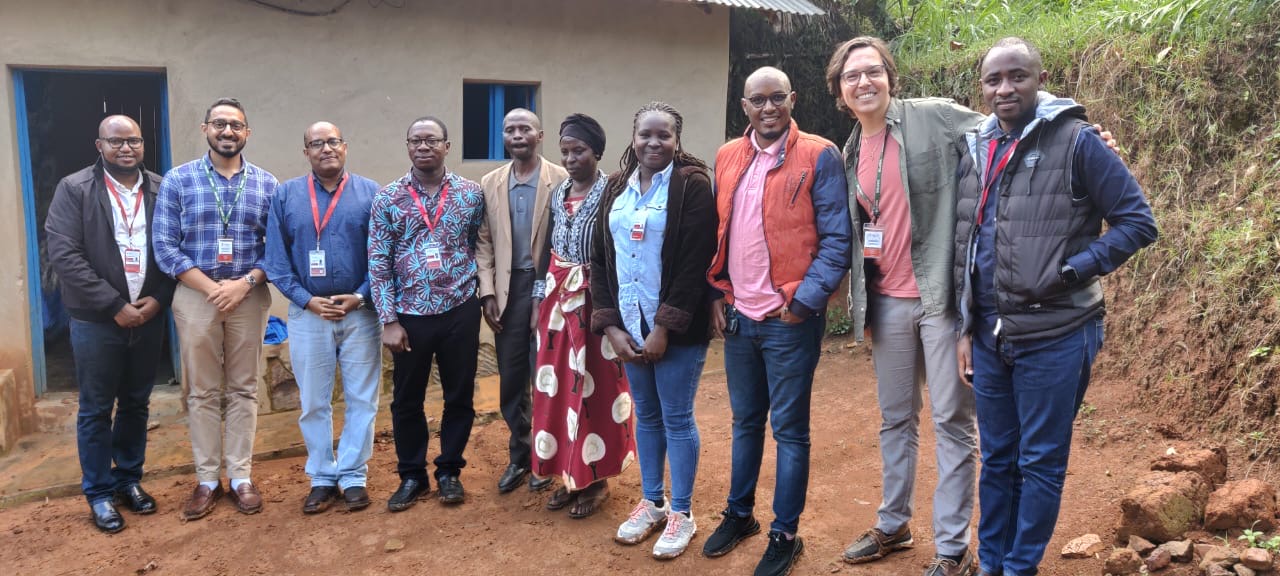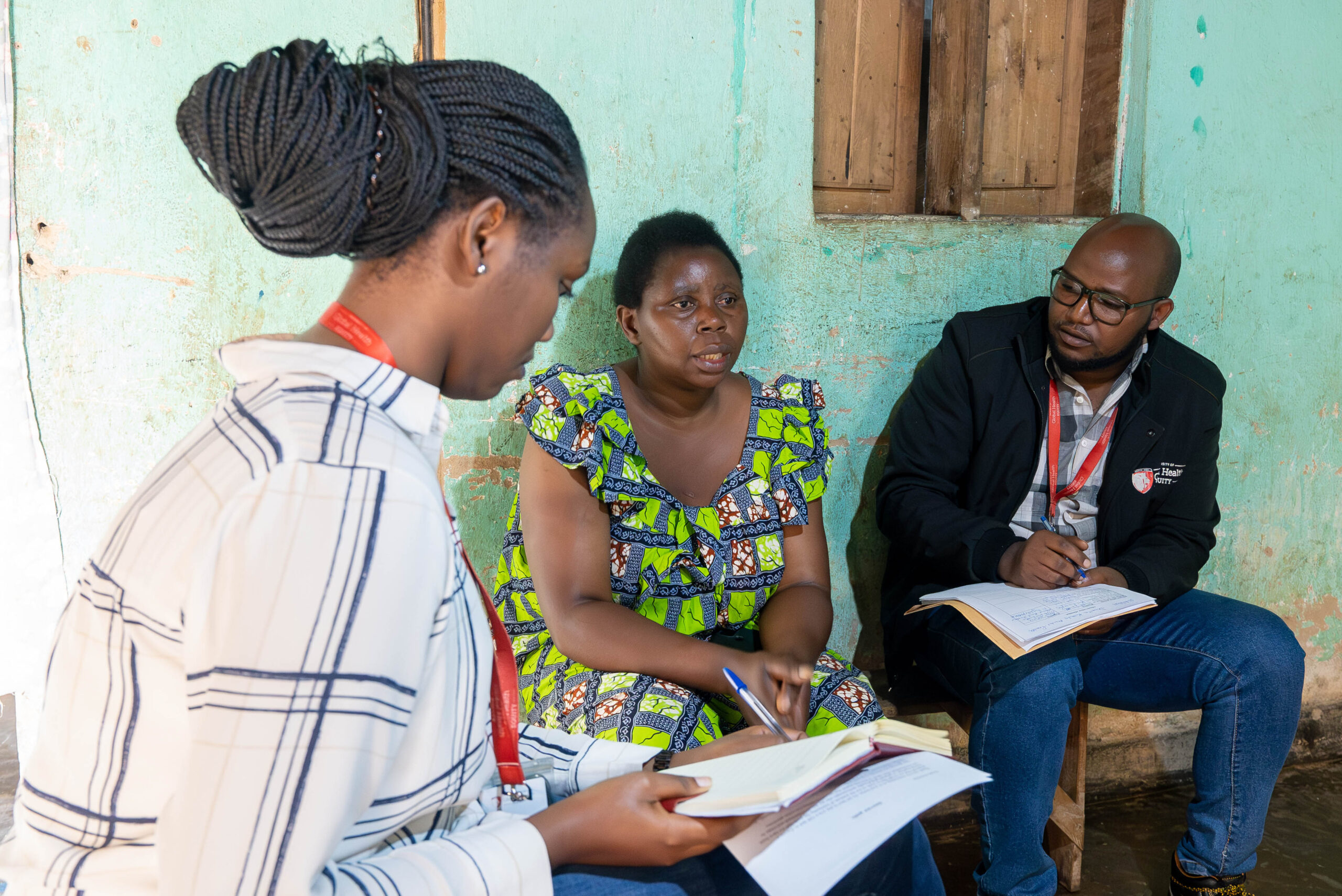Community Health and Social Medicine
November 11, 2024 2025-05-06 5:51Community Health and Social Medicine
Community Health and Social Medicine
Nested in the hills of Butaro Sector, Burera District, the University of Global Health Equity (UGHE) campus is strategically located to foster deep partnerships with the surrounding community. This setting offers students, staff, faculty and guests a firsthand understanding of the complex challenges faced by rural and remote populations through our strategic priorities. Central to the Department of Community Health and Social Medicine’s work are three mains strategic priorities: education, research and community engagement
Community Based Education
Isooko Global Community Base Education (G-CBE) Program
Named Isooko, meaning “source,” the Global Community-Based Education (G-CBE) program is a three-week immersive experience in Burera District, Northern Rwanda. Inspired by the success of CBE at UGHE, it is designed for students pursuing advanced degrees in health-related fields such as medicine, nursing, public health, and global health. Hosted by the Department of Community Health and Social Medicine at the University of Global Health Equity (UGHE), the program fosters community health and education through participatory, hands-on learning and engagement.
G-CBE applies a radical CBE approach, recognizing communities as experts, teachers, and advisors in identifying health challenges and developing public health solutions. Students,
primarily from universities in the West, engage directly with rural Rwanda, challenging their own biases while learning from local practitioners and community leaders.
The program includes 15 field visits across Rwanda, with a strong emphasis on rural areas. Through team-based learning projects, social medicine activities, and case-based learning, students develop collaborative and practical problem-solving skills. They also participate in both individual and group projects, applying their knowledge to real-world health challenges.
Since its launch in 2023, G-CBE has welcomed two cohorts of 25 students from institutions such as the University of Rwanda, Harvard University, Brown University, Creighton University, Boston University, Mayo Clinic, Wellesley College, and the School of Leadership Afghanistan
Community Based Education
Community Engagement
Since the planning stages of UGHE’s construction in Butaro Sector, Burera District, community engagement has been a top priority. After inauguration in 2019, to further its commitment to maximizing community benefits, UGHE focuses on actively engaging with the local community and implementing various development projects aimed at enhancing the social and economic well-being of community members. Through these efforts, UGHE continues to strengthen its partnership with the community, ensuring sustainable and meaningful impact. Below are some community engagement priorities

Entrepreneurship Training Program
Entrepreneurship Training Program
The Butaro Community Health Day is a flagship health education and promotion initiative at the University of Global Health Equity (UGHE), launched in October 2022 to strengthen community relationships and address the rising burden of non-communicable diseases (NCDs) in Rwanda. Leveraging One PIH collaboration efforts, this program fosters meaningful engagement between UGHE residents and the Butaro community through a combination of sports and health awareness activities, and its success relies on the effective collaboration with Butaro Level 2 Teaching Hospital, Partners in Health and the local leadership in Butaro Sector and Burera District.
With two editions, the inaugural in October 2022 and the second planned for February 2025, the Butaro Community Health Day has engaged approximately 2,500 community members through football matches and mass NCD screening sessions. To date, 340 individuals have been screened for diabetes and hypertension, receiving counseling and guidance to enhance community health and well-being.
Butaro Science Day Program

Walk The Talk Plus
Inspired by the Walk The Talk with Dr. Akiiki session for first-year medical school students in the CBT 101 module, focused on the Social Determinants of Health and the Rwanda Health System, UGHE recognize the value of immersive learning experience. During the CBT 101 Walk The Talk session, MBBS28 students identified the need for a learning program to support local primary schools' students, leading to creation of the Butaro Scholars Program, which has since 2022 empowered over 250 local students. Building this impact, Walk the Talk Plus aims to offer the campus community an opportunity to engage with Butaro’s history and culture, build relationships with local community, promote fitness and well-being, and develop community-driven solutions
Bwiza Initiative
Umuganda
Student-led Community Initiatives:
- Butaro Scholar’s Program
- Gira Ubuntu Initiative
Minuza Program


